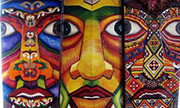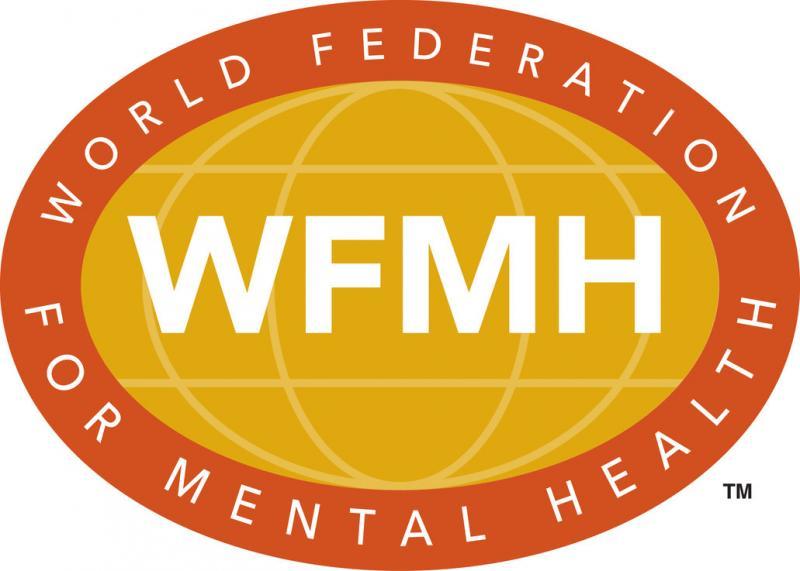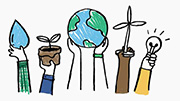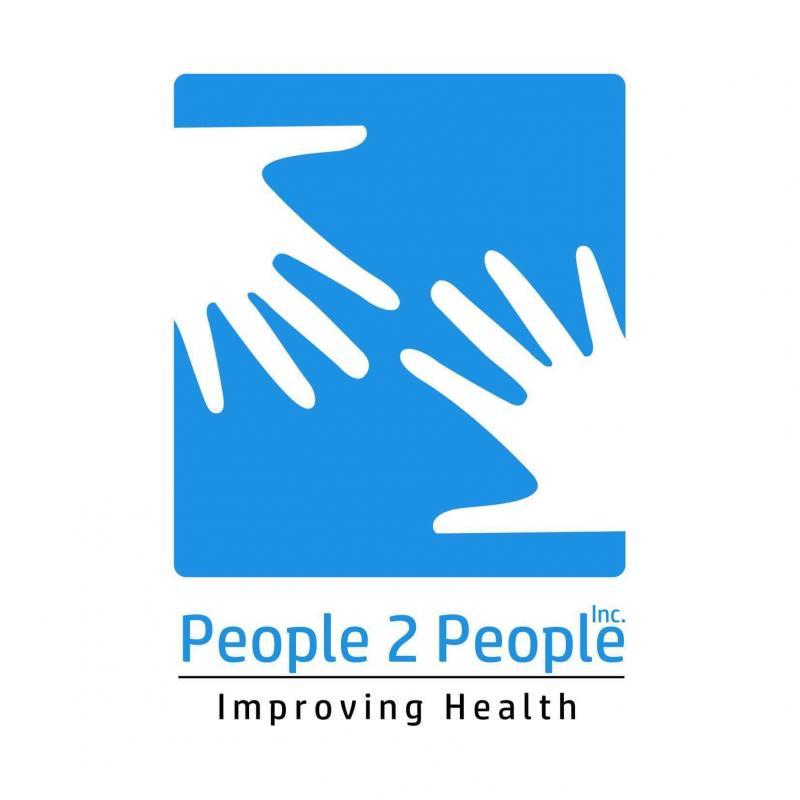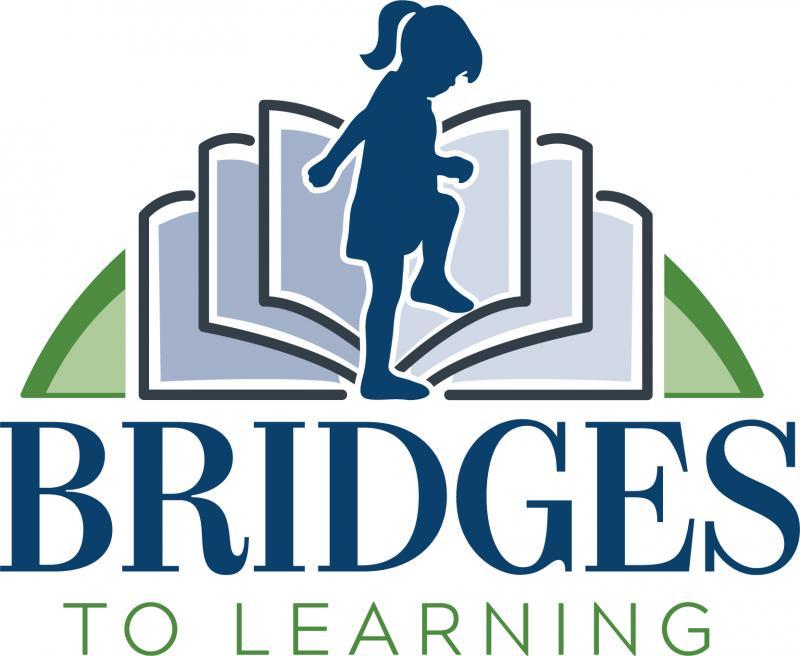Causes: International, International Development, International Human Rights
Mission: The mission of international justice mission is to protect the poor from violence by rescuing victims, bringing the criminals to justice, restoring survivors to safety and strength, and helping local law enforcement build a safe future that lasts.
Programs: International justice mission's field operations respond to a vast and devastating category of need: violence against the poor. In the developing world, violence is an everyday threat for the poor. Nearly 36 million people are estimated to be held as modern-day slaves. The international labour organization estimates that human trafficking for sexual or labor slavery generates profits in excess of more than $150 billion annually for traffickers and slave owners, and unicef estimates that nearly two million children are exploited in the sex industry. The land rights of women are violated on a massive scale worldwide, leaving widows and other vulnerable women unable to care for themselves or their children. In many countries, perpetrators of this abuse against the poor face virtually no recourse, despite clear laws against the violations. The rule of law should offer protection to vulnerable people, but, according to a united nations report, more than 4 billion people live outside the protection of the law. Ijm is addressing this crisis by ensuring access to rule of law for the poor through the provision of individual casework services and in collaboration with government partners to reform the justice system. Ijm attorneys, investigators, social workers, community activists and other professionals work in 11 countries throughout africa, latin america, south asia and southeast asia. Ijm protects the poor from violence by partnering with local authorities to:-rescue victims-bring criminals to justice-restore survivors-strengthen justice systemsijm combats slavery, sex trafficking, sexual violence against children, police abuse of power, property grabbing and citizenship rights abuse. By collaborating with communities and governments, ijm serves individual victims of violence and pursues dramatic improvements in the justice system to protect all people vulnerable to the crime. Ijm's unique model to drive maximum-impact, long-term change is called justice system transformation:phase 1: collaborative caseworkijm partners with local authorities to rescue individual victims of a specific crime, bring criminals to justice and restore survivors. By taking on individual cases, ijm also works to strengthen the justice system. Phase 2: system reformijm continues collaborative casework, and launches intense, collaborative projects that aim to dramatically improve the justice system's response to the targeted crime. By using what they have learned through scores of individual cases, ijm teams design projects that will help fix what is most broken in the justice system. Phase 3: sustain gainsijm monitors and evaluates results and continues to support local government partners. At this point, the justice system can be counted on to effectively protect poor people from the targeted form of violence. In 2014 ijm and ijm-trained partners brought tangible relief to 4,376 people and provided aftercare services or trainings for thousands more. Each victory represents the tenacious work of ijm's frontline team of attorneys, social workers and investigators-work that continues long-term as survivors heal and rebuild their lives with the assistance of ijm aftercare, and as ijm attorneys pursue justice in court processes that can take years. In 2014 ijm and ijm-trained partners worked with local authorities to bring freedom to 2,668 forced labor slaves, and ijm assisted local authorities in rescuing 258 victims of sex trafficking. Ijm helped restore property to 361 impoverished widows and orphans. Ijm teams helped to protect 135 child survivors of sexual assault around the world and ensured 44 innocent men and women were set free from prison in kenya. Ijm also ensured 904 hill tribe members were granted the thai citizenship to which they are entitled-reducing vulnerability to trafficking and other forms of violent oppression. Ijm legal teams worked alongside local law enforcement to ensure the arrest of 372 accused perpetrators of violence against the poor. A total of 165 perpetrators were convicted of their crimes-men and women who believed they could act with impunity simply because of their victims' poverty. Ijm conducted police trainings and community- and church-based trainings throughout the developing world, equipping vulnerable people, community leaders, and law enforcement with the knowledge they need to protect themselves and their communities from violent oppression. These figures encompass ijm's casework in 18 field offices. They do not include the results of two casework alliance partnership offices in south america.
building a movement: ijm seeks to fuel a global justice movement and advance its mission by drawing the world's attention to violence against the poor, expanding the number of people and institutions engaged in the fight for justice, influencing leaders in all sectors to become champions for protecting the poor, and equipping christians to joyfully serve in the work of justice. The ijm institute for biblical justice equips christian leaders and influencers with theological foundations for combating injustice. Ijm's church mobilization team helps church communities engage in the justice movement, both in local communities and globally. More than 330 churches around the u. S. Are deeply invested in ijm's work and building justice ministries in their own communities. In 2014, more than 88,600 people heard ijm's message and connected with ijm through forums, conferences and churches in the u. S. Ijm student mobilization supports a growing "justice generation" of students serving as new leaders in the fight for international human rights. Working with college campus chapters and high schools across the u. S. , ijm's programs empower students to leverage their talents and energy to fight slavery and other forms of everyday violence against the poor. In 2014, more than 98,000 students advocated for justice with ijm: thousands signed petitions; student leaders from more than 50 schools participated in our northstar student leadership conference; and students from more than 150 schools, 40 states and eight countries took a stand for freedom. Ijm's government relations & advocacy team engages grassroots advocates in supporting u. S. Government policies that will combat violence against the poor. Ijm has provided thousands of individuals and groups with concrete tools for sharing about everyday violence and mobilizing policymakers to help end it. In 2014, more than 54,000 advocates took action by signing petitions or postcards asking their elected officials to stand up for the poor. In ijm's field offices around the world, community relations teams work within their own cities to spread information on legal rights and help the poor pursue justice through police and local courts. In places like india and the philippines, media and local churches are taking hold of the vision and empowering communities to seek justice in new and exciting ways. In india, nearly 135,000 people are now praying for justice regularly through information provided by ijm. By raising awareness of the issue of violence against the poor, ijm brings allies from all walks of life into the struggle to protect the poor from violence. Ijm's work has been featured by outlets such as forbes magazine, the washington post, the times of india, the guardian, the new york times, the new yorker, foreign affairs, "the today show, " "the oprah winfrey show, " "dateline nbc, " msnbc, cnn, bbc world news and national public radio, among many others.
Mission: The mission of international justice mission is to protect the poor from violence by rescuing victims, bringing the criminals to justice, restoring survivors to safety and strength, and helping local law enforcement build a safe future that lasts.
Programs: International justice mission's field operations respond to a vast and devastating category of need: violence against the poor. In the developing world, violence is an everyday threat for the poor. Nearly 36 million people are estimated to be held as modern-day slaves. The international labour organization estimates that human trafficking for sexual or labor slavery generates profits in excess of more than $150 billion annually for traffickers and slave owners, and unicef estimates that nearly two million children are exploited in the sex industry. The land rights of women are violated on a massive scale worldwide, leaving widows and other vulnerable women unable to care for themselves or their children. In many countries, perpetrators of this abuse against the poor face virtually no recourse, despite clear laws against the violations. The rule of law should offer protection to vulnerable people, but, according to a united nations report, more than 4 billion people live outside the protection of the law. Ijm is addressing this crisis by ensuring access to rule of law for the poor through the provision of individual casework services and in collaboration with government partners to reform the justice system. Ijm attorneys, investigators, social workers, community activists and other professionals work in 11 countries throughout africa, latin america, south asia and southeast asia. Ijm protects the poor from violence by partnering with local authorities to:-rescue victims-bring criminals to justice-restore survivors-strengthen justice systemsijm combats slavery, sex trafficking, sexual violence against children, police abuse of power, property grabbing and citizenship rights abuse. By collaborating with communities and governments, ijm serves individual victims of violence and pursues dramatic improvements in the justice system to protect all people vulnerable to the crime. Ijm's unique model to drive maximum-impact, long-term change is called justice system transformation:phase 1: collaborative caseworkijm partners with local authorities to rescue individual victims of a specific crime, bring criminals to justice and restore survivors. By taking on individual cases, ijm also works to strengthen the justice system. Phase 2: system reformijm continues collaborative casework, and launches intense, collaborative projects that aim to dramatically improve the justice system's response to the targeted crime. By using what they have learned through scores of individual cases, ijm teams design projects that will help fix what is most broken in the justice system. Phase 3: sustain gainsijm monitors and evaluates results and continues to support local government partners. At this point, the justice system can be counted on to effectively protect poor people from the targeted form of violence. In 2014 ijm and ijm-trained partners brought tangible relief to 4,376 people and provided aftercare services or trainings for thousands more. Each victory represents the tenacious work of ijm's frontline team of attorneys, social workers and investigators-work that continues long-term as survivors heal and rebuild their lives with the assistance of ijm aftercare, and as ijm attorneys pursue justice in court processes that can take years. In 2014 ijm and ijm-trained partners worked with local authorities to bring freedom to 2,668 forced labor slaves, and ijm assisted local authorities in rescuing 258 victims of sex trafficking. Ijm helped restore property to 361 impoverished widows and orphans. Ijm teams helped to protect 135 child survivors of sexual assault around the world and ensured 44 innocent men and women were set free from prison in kenya. Ijm also ensured 904 hill tribe members were granted the thai citizenship to which they are entitled-reducing vulnerability to trafficking and other forms of violent oppression. Ijm legal teams worked alongside local law enforcement to ensure the arrest of 372 accused perpetrators of violence against the poor. A total of 165 perpetrators were convicted of their crimes-men and women who believed they could act with impunity simply because of their victims' poverty. Ijm conducted police trainings and community- and church-based trainings throughout the developing world, equipping vulnerable people, community leaders, and law enforcement with the knowledge they need to protect themselves and their communities from violent oppression. These figures encompass ijm's casework in 18 field offices. They do not include the results of two casework alliance partnership offices in south america.
building a movement: ijm seeks to fuel a global justice movement and advance its mission by drawing the world's attention to violence against the poor, expanding the number of people and institutions engaged in the fight for justice, influencing leaders in all sectors to become champions for protecting the poor, and equipping christians to joyfully serve in the work of justice. The ijm institute for biblical justice equips christian leaders and influencers with theological foundations for combating injustice. Ijm's church mobilization team helps church communities engage in the justice movement, both in local communities and globally. More than 330 churches around the u. S. Are deeply invested in ijm's work and building justice ministries in their own communities. In 2014, more than 88,600 people heard ijm's message and connected with ijm through forums, conferences and churches in the u. S. Ijm student mobilization supports a growing "justice generation" of students serving as new leaders in the fight for international human rights. Working with college campus chapters and high schools across the u. S. , ijm's programs empower students to leverage their talents and energy to fight slavery and other forms of everyday violence against the poor. In 2014, more than 98,000 students advocated for justice with ijm: thousands signed petitions; student leaders from more than 50 schools participated in our northstar student leadership conference; and students from more than 150 schools, 40 states and eight countries took a stand for freedom. Ijm's government relations & advocacy team engages grassroots advocates in supporting u. S. Government policies that will combat violence against the poor. Ijm has provided thousands of individuals and groups with concrete tools for sharing about everyday violence and mobilizing policymakers to help end it. In 2014, more than 54,000 advocates took action by signing petitions or postcards asking their elected officials to stand up for the poor. In ijm's field offices around the world, community relations teams work within their own cities to spread information on legal rights and help the poor pursue justice through police and local courts. In places like india and the philippines, media and local churches are taking hold of the vision and empowering communities to seek justice in new and exciting ways. In india, nearly 135,000 people are now praying for justice regularly through information provided by ijm. By raising awareness of the issue of violence against the poor, ijm brings allies from all walks of life into the struggle to protect the poor from violence. Ijm's work has been featured by outlets such as forbes magazine, the washington post, the times of india, the guardian, the new york times, the new yorker, foreign affairs, "the today show, " "the oprah winfrey show, " "dateline nbc, " msnbc, cnn, bbc world news and national public radio, among many others.
Po Box 58147, Washington, DC 20037
703-465-5495

International
Washington





